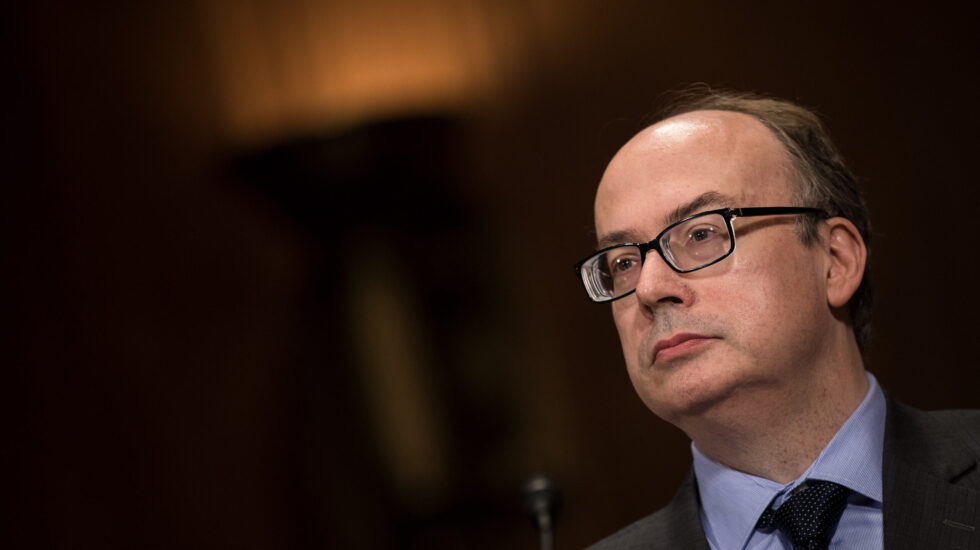Jeffrey Clark – the former Department of Justice lawyer who found favor in the Trump administration for pursuing unsubstantiated claims of voter fraud – notified the House committee investigating the January 6th attack on the U.S. Capitol that he will plead the 5th Amendment, which protects people from self-incrimination.
The committee voted on Wednesday night to recommend contempt charges against Clark for his failure to comply with a subpoena. But invoking the Fifth buys Clark additional time before the full body of the House of Representatives considers passing along those charges to the DOJ.
Bennie Thompson (D-MS), the chairman of the probe, called Clark’s maneuver a “last-ditch attempt to delay the select committee’s proceeding.”
Appearing on Rachel Maddow’s MSNBC show Wednesday night, Thompson added, “Obviously he is aware that something went on that’s illegal. Rather than be responsible and answer he’s pleading the 5th. Now the question is… did you participate in these illegal activities in the White House?”
Thompson said he’s asked Clark to appear before the committee on Saturday for a deposition. CNN explains the possible outcomes:
A select committee aide tells CNN that due to Clark getting the new deposition date, the plan is to wait to hold a full House vote on the contempt report until at least after the weekend.
If Clark answers the committee’s questions by pleading the Fifth Amendment, the panel will likely have to stop the process of holding him in criminal contempt. If Clark continues to stonewall the committee, and invoke the Fifth Amendment in ways the committee deems illegitimate, the panel will proceed with a floor vote as soon as next week.
“You can’t plead the Fifth to an entire prosecution. You can’t plead the Fifth to every question you might be asked. So it applies only when you have a specific and reasonable apprehension that your answer could be used against you in a criminal prosecution,” Rep. Jamie Raskin, a Maryland Democrat who serves on the committee, explained.
The last time the House committee sat down with Clark, they had a long list of questions that he refused to answer, citing Trump’s dubious claims to executive privilege. The New York Times reports:
They wanted to ask Mr. Clark about a national intelligence briefing he had sought about a wild theory that China could hack voting machines through thermostats. They planned to press him about a letter he had proposed writing to legislative officials in Georgia, urging them to put forward an alternative slate of electors for Mr. Trump, instead of President Biden, who had won the state. And they wanted to dig into any conversations he might have had with a group of Mr. Trump’s allies who had gathered at a Washington, D.C., hotel in the days before the riot to plan the effort to overturn the election.
As previously reported, Trump considered installing Clark as acting Attorney General in the waning days of his administration, but top DOJ officials – and even some White House lawyers – threatened to resign en masse if Trump followed through.



